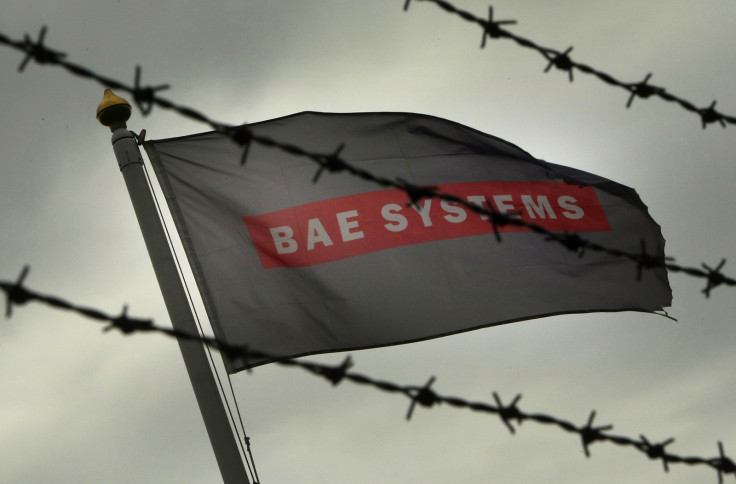BAE Systems 'sold powerful spy technology to repressive regimes' across Middle East
Exports sent to Saudi Arabia, UAE, Qatar, Oman, Morocco and Algeria, BBC found.

UK defence giant BAE Systems has reportedly sold and exported powerful cyber-surveillance technology, including sophisticated decryption software, to known governments and repressive regimes around the world, a year-long investigation by the BBC has revealed.
The probe focused on a Danish tech company called ETI, bought and incorporated into BAE Systems' Applied Intelligence unit in 2011. Before the acquisition, ETI developed software known as "Evident", a mass surveillance and interception system allegedly sold to governments.
Describing Evident, one former ETI staffer told the BBC: "You'd be able to intercept any internet traffic. If you wanted to do a whole country, you could. You could pin-point people's location based on cellular data. You could follow people around.
"They were quite far ahead with voice recognition [and] capable of decrypting stuff as well."
For the past six years, BAE used this Danish workforce to supply the "Evident" tool to Middle Eastern countries, it is reported. Freedom of Information requests by the BBC found technology exports to Saudi Arabia, the UAE, Qatar, Oman, Morocco and Algeria.
The sales are legal, however human rights campaigners have questioned the ethics behind a UK firm enabling mass spying on a nation's citizens.
The BBC probe found the sales were made under legitimate Danish government export licenses issued by the Danish Business Authority (DBA).
BAE Systems, which employs more than 83,000 people globally, has a lucrative cyber-warfare department. "The job of defending nations, government, critical national infrastructure and citizens is harder than it's ever been," its website states.
The investigation found one early adopter of the tool was the Tunisian government, which one source claimed the country's president, president Ben Ali, later used to crack down on protesters and opponents during the so-called Arab Spring back in 2011.
"ETI installed it and engineers came for training sessions," a former Tunisian intelligence official told the BBC in an interview. "[It] works with keywords. You put in an opponent's name and you will see all the sites, blogs, social networks related to that user."
Dutch MEP Marietje Schaake said countries in Europe may soon regret selling the tech to known repressive governments. "Each and every case where someone is silenced or ends up in prison with the help of EU-made technologies I think is unacceptable," she noted.
The BBC investigation was conducted alongside Danish newspaper Dagbladet Information.
In a statement, BAE Systems told IBTimes UK: "Our technology plays a crucial role in enabling the UK and its allies to combat the threat of international terrorism, supporting law enforcement and helping to keep the public safe, both in the UK and abroad.
"Due to the strict national security and confidentiality regulations we operate under, we are unable to comment on specific contracts or share confidential information.
"However, we note that several claims the BBC have made are factually inaccurate – and made this point to the BBC prior to its broadcast. The BBC also acknowledges there is no evidence that these BAE Systems products have been misused.
"BAE Systems is committed to operating ethically and responsibly.
"We have robust policies and procedures in place to ensure that our international exports to overseas governments are all fully compliant with international export regulations as well as our own strict criteria to evaluate every potential contract. If we believe there may be a risk of misuse, we will refuse the business."
This is not the first time UK firms have been caught shipping spy tech to authoritarian regimes. Motherboard reported last year how, since 2015, more than a dozen British companies have shipped tracking tools to Saudi Arabia, the United Arab Emirates, Turkey, and Egypt.
Last year, The Intercept reported BAE Systems sold shady tools to the United Arab Emirates (UAE).
In a statement to the BBC, the UK Department for International Trade said: "All export licence applications are assessed on a case-by-case basis against strict criteria, taking account of all relevant factors at the time of the application, including human rights considerations."
This article was updated to insert additional comment from BAE Systems.
© Copyright IBTimes 2024. All rights reserved.























